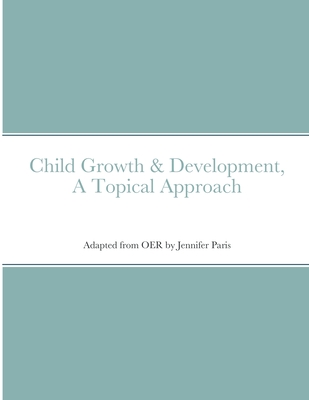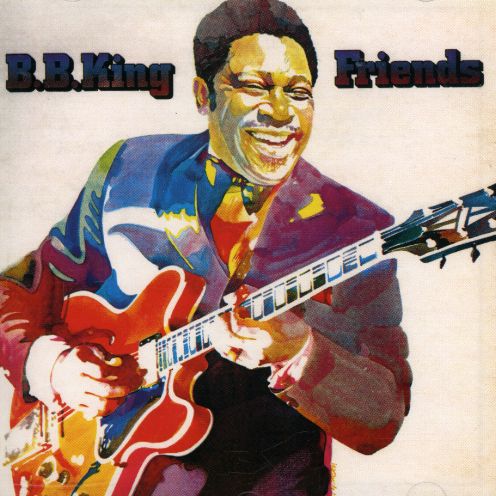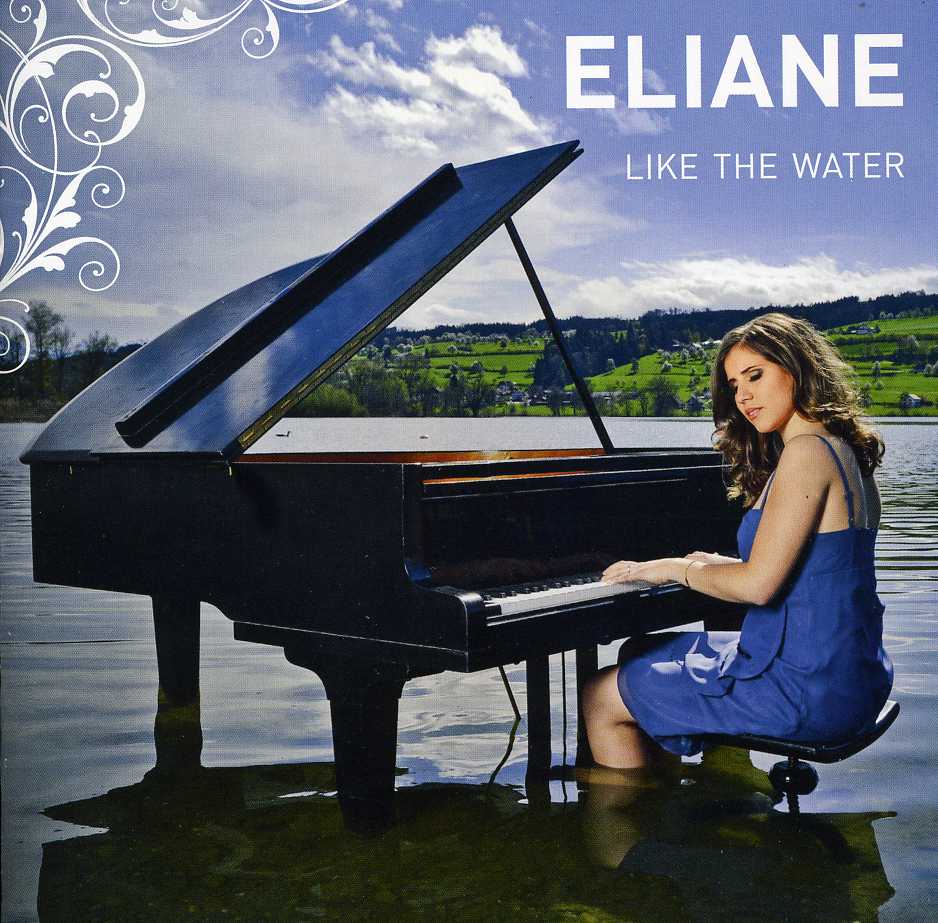
Dyches, Jeanne
Critical disciplinary literacy (CDL) creates space for, and highlights connections between, critical literacies and disciplinary literacies. CDL acknowledges disciplines as unique communities with their own specialized (and often exclusionary) skills, norms, practices, and discourses, but deviates from conventional applications of disciplinary literacy by responding to the ways in which power systems and the analytic skills needed to understand them work differently based on the disciplines at hand. A CDL instructional approach acknowledges that applying the critical literacy skills of "reading the word and the world" to understand the power dynamics of vaccine distributions requires a different skill set and strategy approach than looking at textual representations of masculinity in Romeo and Juliet.
Written by a team of educators with over 70 combined years of classroom experience, Power Tools: 30 Critical Disciplinary Literacy Strategies for 6-12 Classrooms offers readers research-based, multidisciplinary, ready-to-implement disciplinary literacy strategies from critical literacy lenses. The book sets itself apart from other strategy textbooks by offering creative strategy implementation that calls attention to power systems. Educators can learn, for example, how they might employ read-alouds to explore the global refugee crisis, or use the exit ticket strategy to help students reflect on the relationship between race and COVID statistics/experiences.
Power Tools: 30 Critical Disciplinary Literacy Strategies for 6-12 Classrooms provides standards-aligned lessons that both challenge and extend traditional engagement practices to build a more just world. Each chapter includes:
- An overview of each strategy, situated within the research of best practices;
- Two disciplinary examples for each CDL strategy (e.g., an example of a CDL think-aloud in seventh grade math and tenth grade ELA classroom). Chapters provide resources such as examples of student work, discussion prompts, dialogue between teacher and students, and reprintables;
- Ideas for addressing resistance to CDL instruction.
Preservice and in-service teachers, as well as teacher educators and researchers, looking to do and support justice-oriented work in disciplinary spaces will find value in the book.
Power Tools is an ideal text to implement in courses such as Disciplinary Literacy, Secondary Literacy, Content Area Literacy, Methods/Strategies for Teaching Social Justice, Multicultural Education, ELA methods, Science methods, Social Studies methods, and Mathematics methods.







